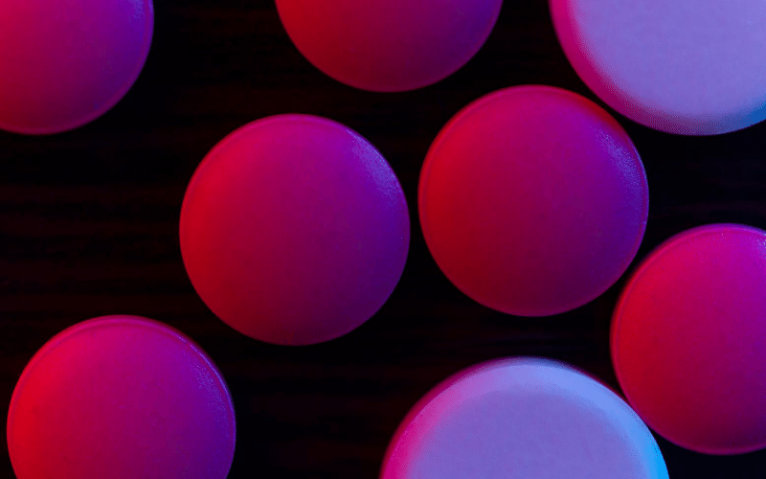Short and Long Term Side Effects of MDMA
MDMA, or the slang term “molly,” refers to a powerful, popular drug often used at clubs and raves. The potential side effects of MDMA can range from increased energy to even fatal health conditions. While it may seem like a fun, harmless weekend activity, MDMA is one of the most dangerous substances you can use.
Additionally, MDMA is similar to hallucinogens like LSD and stimulants like cocaine. Generally, the “high” of MDMA causes users to feel energetic, warm, close with others, and euphoric. The short-term side effects of MDMA include altered senses, increased energy, and a sense of wanting to dance, engage in sex, or otherwise be close with others. That’s why it’s so popular at raves and clubs- but those effects also make MDMA dangerous.
Physical Effects of MDMA
MDMA also increases energy. While sometimes this leads to dancing all night, it can also be dangerous. Because MDMA floods the body with stimulating neurotransmitters, it can even “overload” the senses and harm the body physically.
Some of the immediate side effects of MDMA use include:
- Increased sweating and heart rate
- Clenched jaw and muscle tension
- Nausea
- Restless legs
- Headaches
- Blurred vision
- Chills and hot flashes
Unfortunately, this doesn’t cover all of the physical impacts of MDMA use. MDMA can cause severe dehydration, primarily since users are often engaged in high-energy activities, such as dancing for hours, while under the influence. In some cases, MDMA use can cause increases in body temperature that can lead to liver, kidney, or heart failure, seizures, swelling of the brain, and death. Long-term physical effects include heart disease and impaired cognitive function.
Emotional and Behavioral Impacts
After the “feel good” warmth of MDMA comes the price you pay for it: a brutal emotional crash. Thus, the “comedown” or after-effects of MDMA include lethargy, depression, decreased motivation, anxiety, irritability, poor sleep, aggression, memory issues, and sexual dysfunction. Long-term use of MDMA can lead to reduced cognitive function, memory issues, and significant mental health concerns like chronic depression.
Because MDMA impacts the way people interact with one another and reduces inhibitions, it can lead to some risks. For example, many people on MDMA engage in risky, unprotected sex due to impaired judgment. This high-risk behavior can result in contracting STDs. Others who suffer impaired judgment might end up getting into an accident or mixing MDMA with drugs they wouldn’t usually use.
Unfortunately, MDMA can be addictive. While it may not have the same withdrawal symptoms of heroin, quitting MDMA can involve cravings, depression, anxiety, and psychological discomfort. So, if you’re a casual user, it’s essential to consider the dangers of continuing to use this drug. For regular users or those dependent on MDMA, seeking help is the first step towards letting your brain and body heal!









